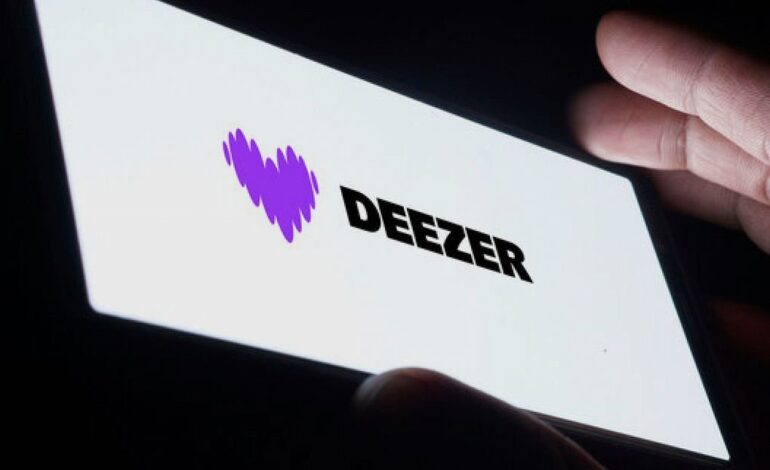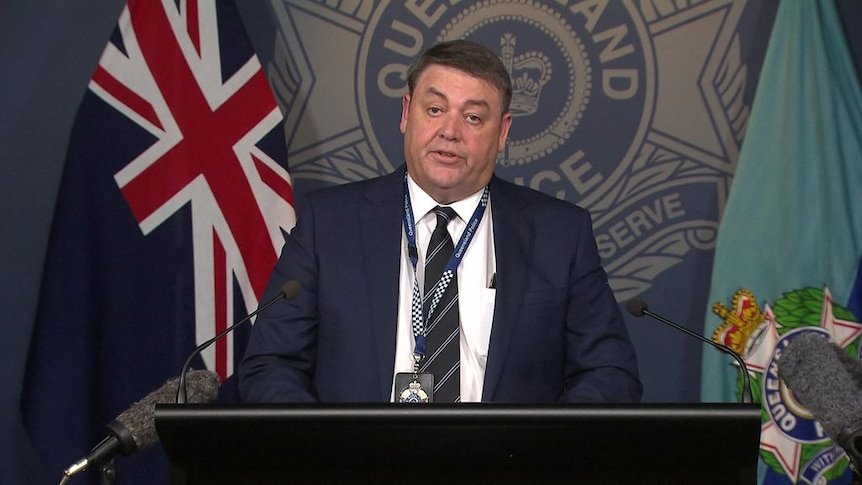Deezer Cracks Down on AI-Generated Song Scams with Smart Detection

You probably should have known by now that AI imposters were sneaking into your playlists, so let me break it down: Deezer just unveiled a sophisticated flagging system to combat AI-generated song fraudsters. Over the past year, as deepfake vocals morphed into convincing Drake and Billie Eilish sound-alikes, streaming platforms faced a spike in illicit uploads designed to pilfer royalty payouts. Deezer’s latest move isn’t a gimmick—it’s a direct response to a surge of fake tracks that, according to a New York Post expose, racked up thousands of streams before anyone noticed.
I’ll walk you through the nuts and bolts, since you likely missed the memo. Deezer now employs a two-tier system combining automated machine-learning algorithms with manual expert reviews. The algorithms analyze spectral audio properties and metadata patterns, flagging tracks that deviate from an artist’s verified fingerprint. When something smells fishy—say, a sudden 300% jump in streams for an unknown “pop star” with eerily familiar vocals—the track is sent to human auditors. In just the last quarter, Deezer reports flagging over 4,500 suspicious uploads and removing roughly 85 percent after verification, spokesperson Élodie Gautier told TechCrunch.
Of course, you’ll want proof that this isn’t just PR spin. Rolling Stone corroborates Deezer’s findings, noting that the platform has partnered with major labels and rights organizations to cross-reference ISRC codes and prevent repeat offenders. Industry insiders quoted by Engadget confirm that Deezer shares flagged data with other services, creating a collective shield against what’s being dubbed “stream-jacking.” This cross-platform alliance is crucial, given that Spotify and SoundCloud are also testing similar AI-detection tools, per Variety.
You’re probably wondering how this affects your listening habits. Expect to see a new “Verified Authentic” badge on artist profiles and tracks, while flagged songs will carry a warning label or be removed altogether. That means fewer awkward surprises when you realize your “new hit” was human-engineered fraud. For artists, this crackdown safeguards royalties and reputation—no more faceless bots siphoning off millions in revenue under false names.
Looking ahead, Deezer plans to upgrade its system with voice-biometric watermarking and real-time audio forensics, according to the company’s whitepaper reviewed by Music Business Worldwide. Fraudsters may evolve, but so will the defenses, ensuring your next playlist session is free from AI fakes.
Glad I could clear that up for you—hope that process wasn’t too labyrinthine. Now you finally understand why Deezer’s latest tech rollout matters and what to watch next.
Sources: Celebrity Storm and New York Post, TechCrunch, Rolling Stone, Variety, Music Business Worldwide
Attribution: Creative Commons Licensed




